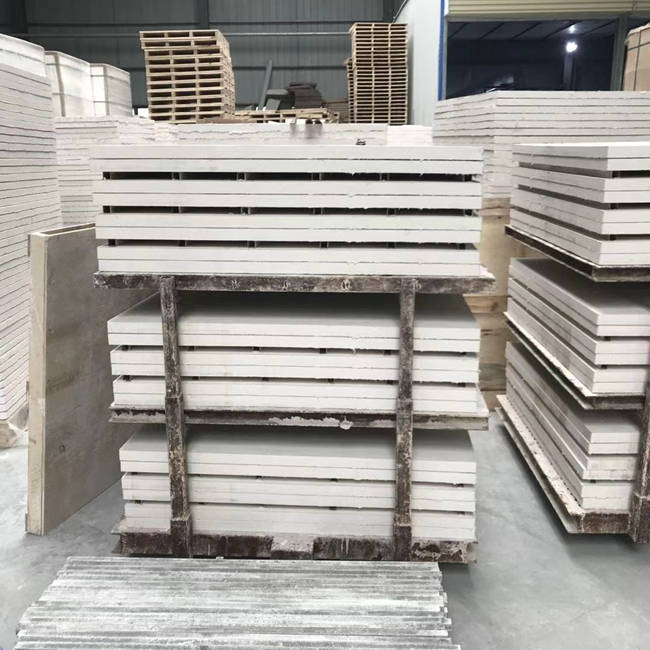Posted by: Date:19.Dec.2022
Main features of high temperature resistant calcium silicate Insulation board:
1. Excellent fire resistance, able to withstand continuous heat load within temperature limit.
2. Low thermal conductivity. Since the porosity of the product is over 90%, it has unrivaled thermal insulation performance in the entire temperature range of use.
3. Light in weight and high in specific strength, its specific strength (compressive strength/capacity) is the highest among hard insulation products.
4. Good durability. After long-term use, there is no pulverization and obvious decline in heat insulation similar to ceramic fiber felt.
5. The construction adaptability is strong, and the system can be cut in other shapes with ordinary woodworking tools. It can also be firmly bonded with other components.
6. It is safe to use and hygienic, and does not contain toxic substances such as asbestos, sulfur, and chlorine. It is non-combustible at high temperature, emits no smoke and no smell, and has a corrosion-resistant effect on steel.
7. Not afraid of water and humidity, the performance of the product remains the same after drying.
ROSEWOOL high temperature calcium silicate board use range:
Cement industry: rotary kiln decomposition kiln, preheater tertiary air duct, kiln hood, cooler.
Metallurgical industry: heating furnace, soaking furnace, annealing furnace, high temperature flue, hot air duct.
Petrochemical industry: heating furnace, ethylene cracking furnace, hydrogenation furnace, aromatics furnace, catalytic cracking furnace.
Electric power industry: preheating furnace pipes.
Glass industry: furnace bottom and furnace wall.
Ceramic industry: Tunnel kiln, and car core and car plate of tunnel kiln car.
Non-ferrous metallurgy industry: electrolyzer.
